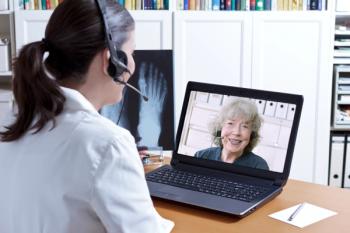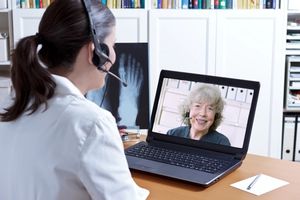
Appointment-based models are typically most effective when all pharmacy team members participate.

Appointment-based models are typically most effective when all pharmacy team members participate.

Managers can mitigate transition-related stress in new pharmacists by encouraging mentoring from senior staff.

Students and new graduates can excel in their career through leadership, communication skills, and self-efficacy.

Proactive retention strategies can improve employee satisfaction and reduce turnover rates.

Process helps prevent errors for individuals with chronic disorders who often have a higher risk of drug-drug interactions.

Pharmacy managers are the single most important factor in the level of engagement among their staff.

But study results show some are not sold on performing the task; adequate training can build their confidence.

Continuing leadership education can help further develop pharmacy leaders by teaching effective utilization of various power strategies.

Burnout among pharmacy team members can be minimized through workflow adjustment strategies and cultivating a positive workplace culture.

The COVID-19 pandemic has accelerated the prominence of pharmacies in public health by providing pharmacists the legal authority to perform CLIA-waived testing.

Telemedicine visits with a clinical pharmacist offer many advantages, such as social distancing, flexible scheduling, and the ability to use nonverbal cues to convey understanding.

Published: August 6th 2021 | Updated:

Published: October 20th 2021 | Updated: